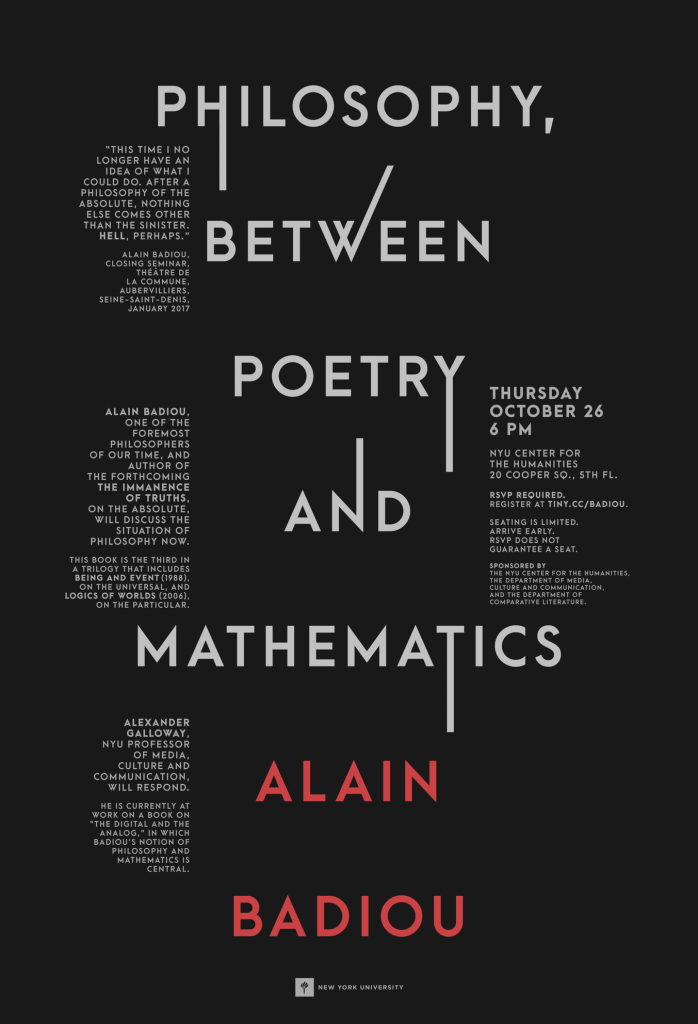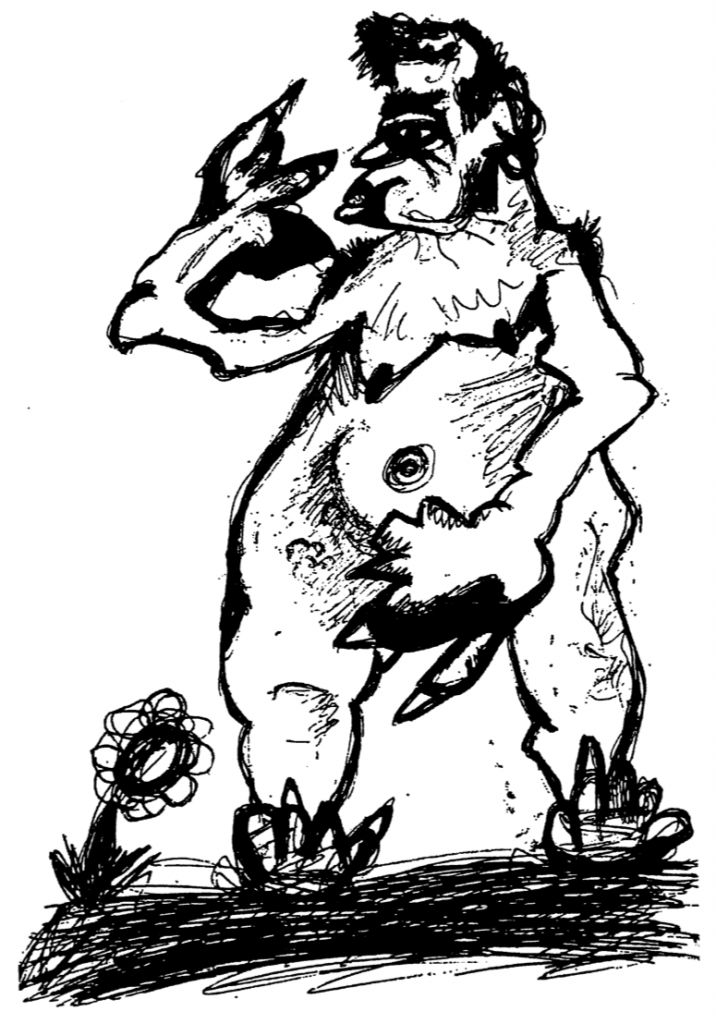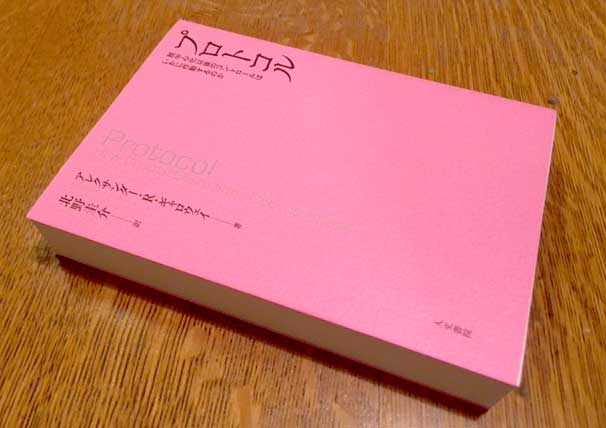In my graduate seminar we've recently been thinking a bit about machines. Given that our focus has been on the 19th Century, attention has been directed toward ergodic machines (from the root ergon meaning work). Ergodic machines are machines that run on heat and energy. Such machines are essentially mechanical in nature. They deal with basic physical mechanics like levers and pulleys, and questions of mass, weight, and counter-balance. Ergodic machines adhere to the laws of motion and inertia, the conservation of energy, and the laws of thermodynamics governing heat, pressure, and energy.
I've often struggled to pinpoint the difference between a tool and a machine; it's not simply a question of scale or complexity. Still, the tool and the machine constitute two different branches in the philosophy of technology. For instance Heidegger wrote about tools but had much less to say about machines. Deleuze, for his part, was obsessed with machines, leaving tools by the wayside. Overall, ergodic machines are interesting from a philosophical point of view, given how philosophy tends to privilege presence and being. Categories like energy, heat, power, change, motion, evolution, or process tend to get second billing in philosophy, if they're addressed at all. To promote them to primary billing, as Foucault did, or Whitehead, or Nietzsche, is something of a radical gesture. Continue reading


